Apricot : HARGRAND Semi-Dwarf (Mustang) (Orchard Grade)
$49.95
An 'orchard grade' is a tree that may be somewhat shorter, slightly crooked, or a bit scratched, or for some other reason is not a perfect front lawn specimen. These trees will work just as well in an orchard as a first or number one would, since they still produce the very same fruit.
Some of the most dependable and productive apricot varieties available for either commercial growers or home gardeners have come out of the Harrow Research Station. One of the best is Hargrand, introduced in 1980. Firm yellow-orange fruit is typically very large–up to 6 cm (2.5"). High quality, freestone flesh with fine texture and outstanding flavour. Like all the Harrow series, Hargrand features a late (for apricots) bloom period and impressive all-around disease resistance.
SELF-FERTILE | ZONE 4 | HARVEST: EARLY AUG.
Only logged in customers who have purchased this product may leave a review.
Growing Tips
One of the key factors that determines cold-hardiness for tender fruit trees such as apricots and peaches is how well they harden off in the fall. Any activity that stimulates growth should be avoided after August 1. This includes fertilizing, overly frequent watering and pruning.
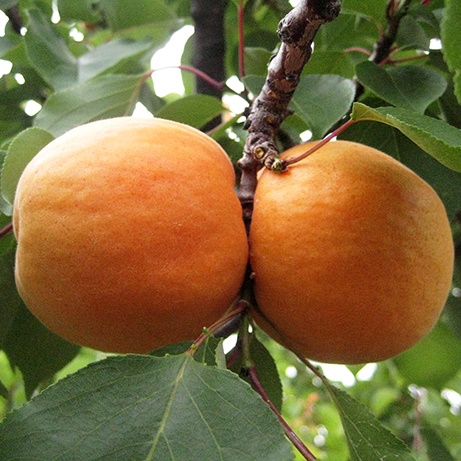
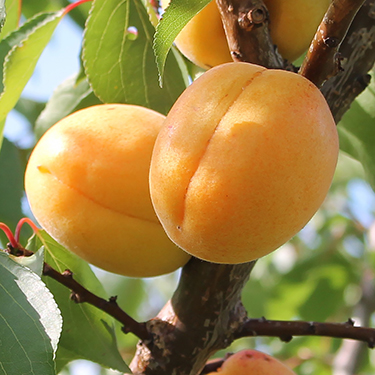
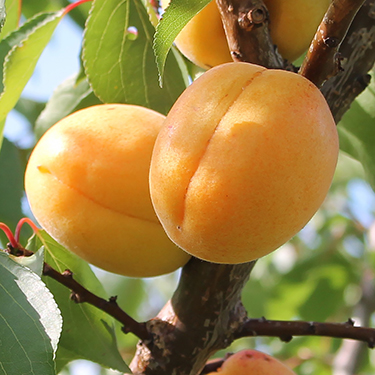
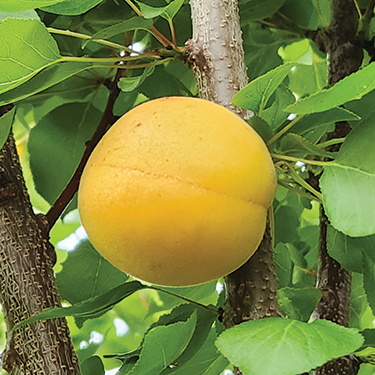
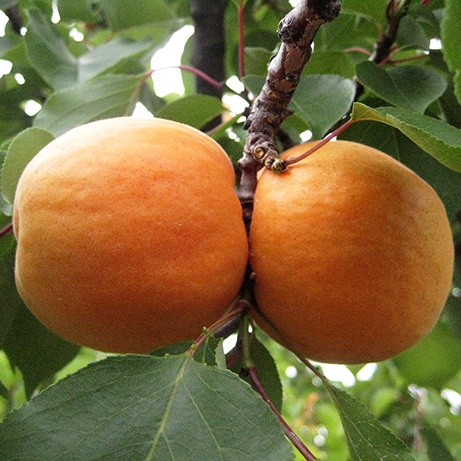
Reviews
There are no reviews yet.